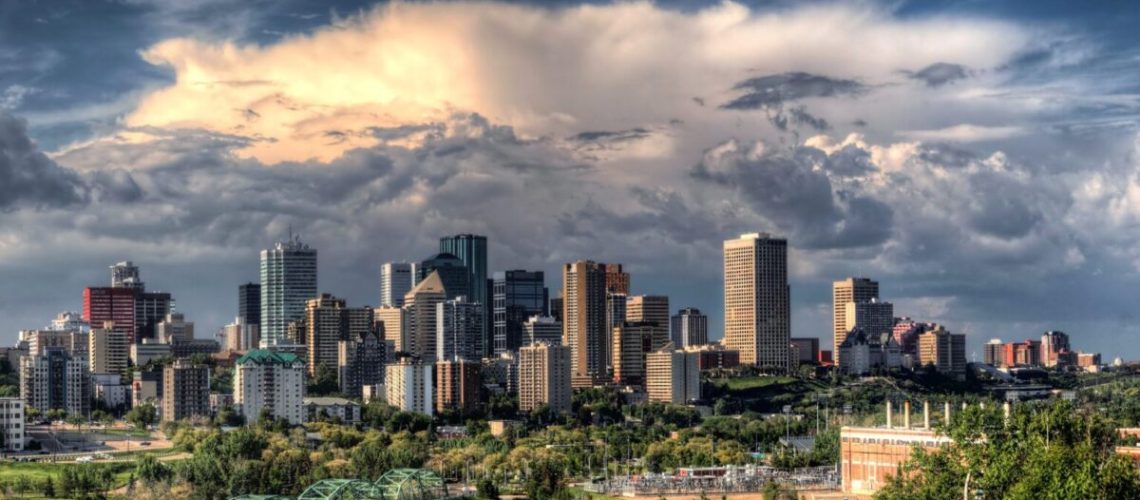The government of the Canadian province of Alberta has announced plans to ban new renewables projects on high-quality agricultural land and within a 35 km radius of areas with pristine views, following a nearly seven-month pause on approvals for such installations.
From pv magazine global
The government of the western Canadian province of Alberta has ended an almost seven-month long moratorium on approving renewable energy projects. The pause started in August 2023, when the Alberta Utilities Commission began an inquiry into land use and reclamation.
Upon lifting the ban on Feb. 29, Alberta Premier Danielle Smith said the government would now take an “agriculture first” approach to future renewables projects. It plans to ban renewable power projects on agricultural land deemed to have excellent or good irrigation potential, in addition to setting up 35 km buffer zones around areas the government classifies as having pristine views.
The Canadian Renewable Energy Association (CanREA) welcomed the end of the ban, and said it did not affect operational projects or projects already under construction. However, it said it expects the impact to be seen in the coming years. It said the ban on approvals has “created a climate of uncertainty with negative consequences for investor confidence in Alberta.”
“While the pause has lifted, there remains significant uncertainty and risk for investors wishing to participate in Canada’s hottest market for renewables.,” said CanREA President and CEO Vittoria Bellissimo. “It is critical to get these policy changes right, and to do so quickly.”
The association said the government’s decision to make some parts of the province off-limits for renewables is “disappointing.” It said it means local communities and landowners will miss out on the benefit of renewables, such as associated tax revenues and lease payments.
“Wind energy and solar energy have a long record of co-location with productive agricultural land use,” said the association. “CanREA will work with the government and the AUC to seek opportunities to continue these beneficial approaches.”
Alberta is at the forefront of Canadian renewables development. Figures from CanREA show that the province accounted for more than 92% of Canada’s overall growth in renewable energy and energy-storage capacity in 2023. It added 2.2 GW of installed renewables capacity last year, including 329 MW utility-scale solar and 24 MW of on-site solar.
CanREA said another 3.9 GW of projects with the potential to come online in 2025 are in the pipeline, alongside another 4.4 GW of proposed projects with later commissioning dates. But it warned that these are all now “at risk.”
Figures from the International Energy Agency show that at the end of 2022, Canada’s cumulative solar capacity hit 4.4 GW. Alberta had the second-most installations, at 1.3 GW, only exceeded by Ontario at 2.7 GW. The country has set a target of 35 GW of total solar capacity by 2050.



